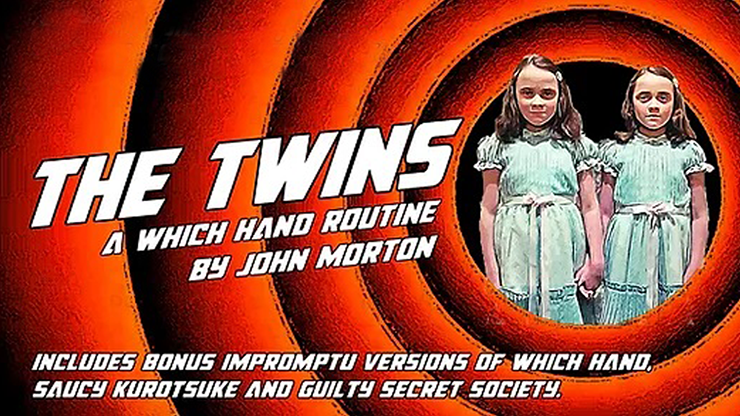Bend It Like Geller
Ben Harris
Vanishing Inc.
(Based on 1 review)

Brought to you by Ben Harris and Vanishing Inc., there was no better author for "Bend it Like Geller". Ben has been closely involved with Geller's story and the man himself for 50 years. He does a remarkable job of explaining how this simple trick became a global sensation in this stunning hardcover book produced with the premium quality you've come to expect from Vanishing Inc books.
Throughout the 230 pages of "Bend it Like Geller", you'll learn the original techniques used by Uri and other mentalists in the 70s, as well as new methods for bending forks, spooks, coins, and keys. Ben also welcomes an all-star cast of mentalists including David Berglas, Richard Osterlind, Peter Turner, Alain Nu, and others to discuss Uri Geller's presentations and ways to make our own spoon-bending better.
You won't find a more comprehensive look at the history, psychology, and techniques behind metal bending. "Bend it Like Geller" is a treasure trove of information featuring some of the best work from mentalism's biggest stars. A must-read for magicians and mentalists alike.
Hardcover. 230 pages. Full color
Reviews
(Top ▲)
In yet another winner by the Harris/Vanishing team, Ben Harris lays out in seamless way, the history and process of making metal bend under the guise of using just your will. The book of 230 pages is well balanced between the written word and the beautiful illustrations by magic artist Ever Elizalde as well as photographs of Uri Geller and others who were caught up in the metal bending phenomenon. Clearly laid out in well-defined sections, the book is easy to read and follows a sensible path for you to travel in your quest to know more about this hardly performed aspect of mentalism.
Starting out there is a brief history of the Geller phenomenon. It then segues into the actual methodology of metal bending which includes keys and spoons. The book then transitions to alternative takes on metal bending and theories by modern benders. The last third is devoted to the methodologies on “newer” more severe bending procedures which try to bring even a heightened disbelief to the bending process. It finally finished off with alternative elements such as coins and other objects. The last few pages there is a bibliography of virtually every metal bending reference known. This bibliography was a herculean effort for sure.
If you were ever curious about bending metal objects, considered metal bending or currently do metal bending, Bend It Like Geller is an incredibly inspiring book, not only to read but reference time and time again.







